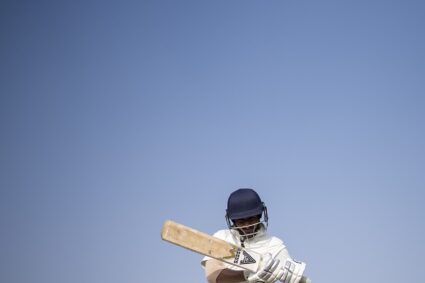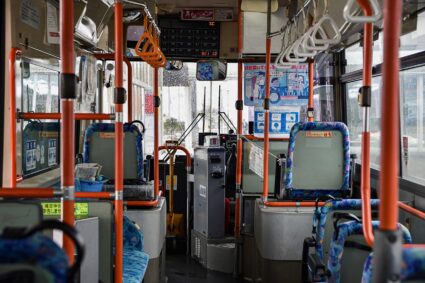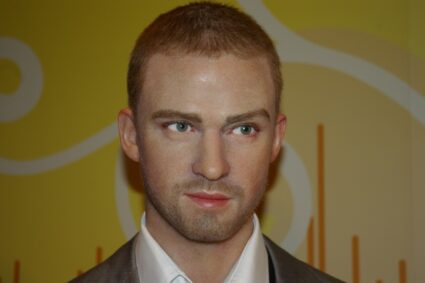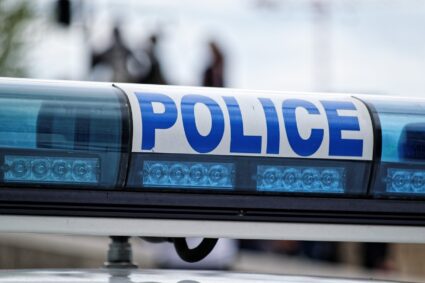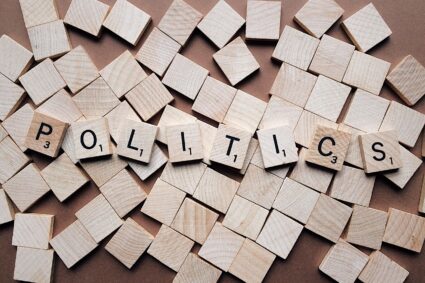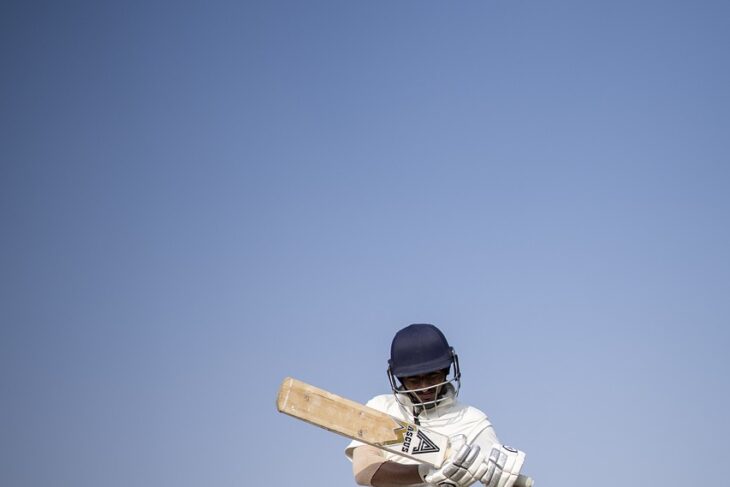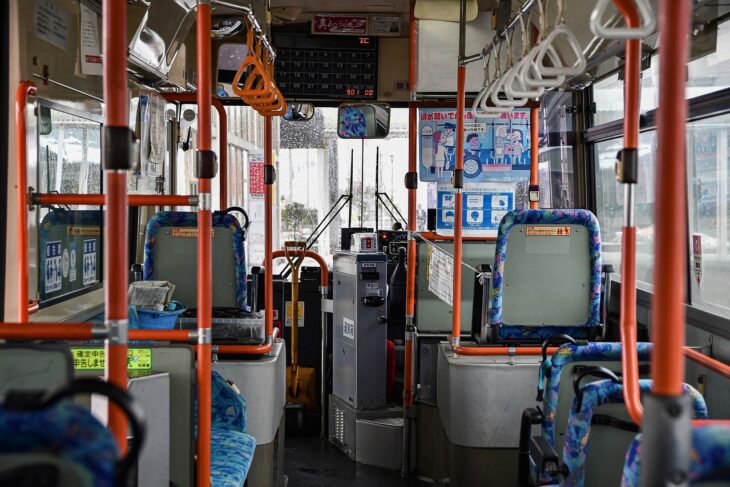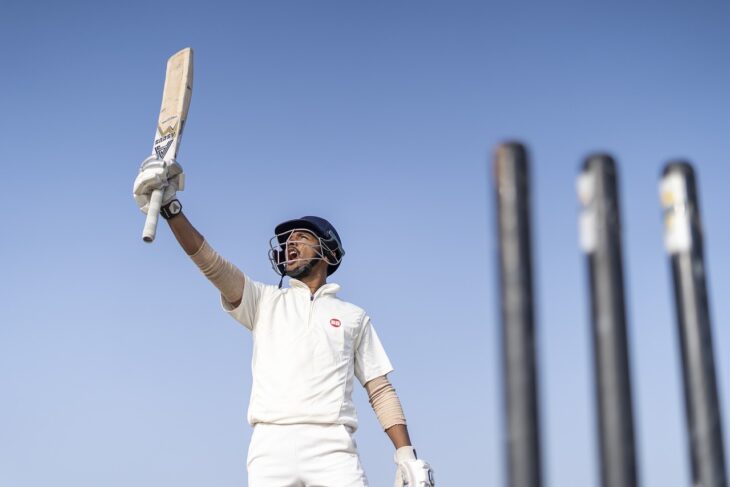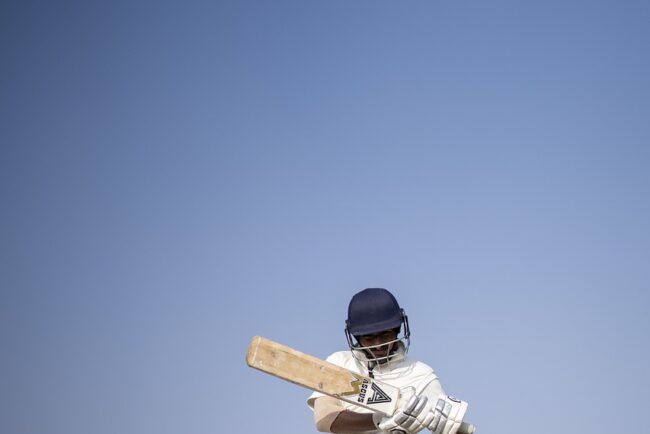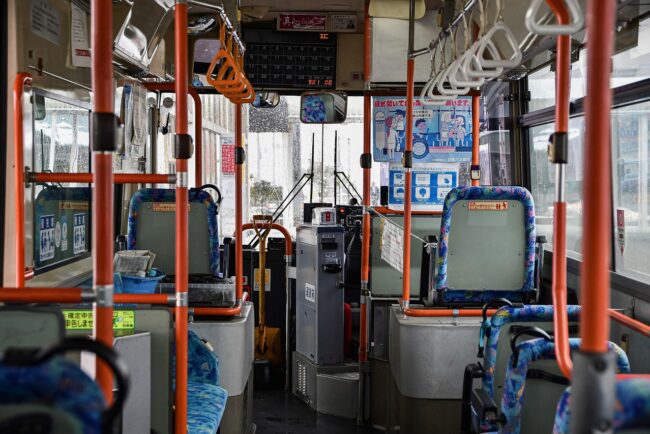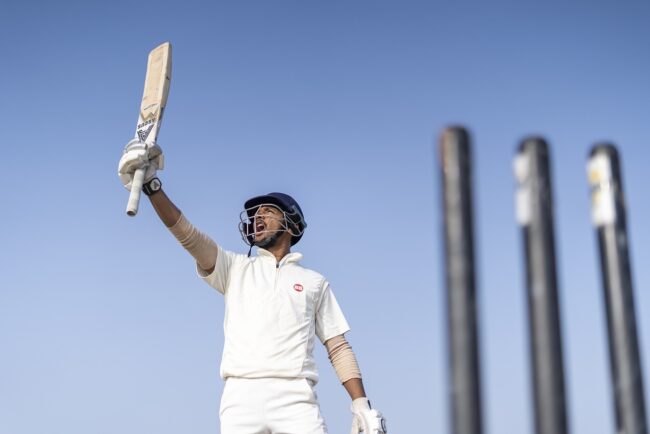
It has been said that Mr President is using Television to convince people to vote for Anc.
South African President Cyril Ramaphosa is facing criticism for allegedly using his position to campaign for votes on national television. Opposition parties and critics argue that Ramaphosa‘s recent televised addresses and public appearances are strategically timed to bolster support for the African National Congress (ANC) ahead of the upcoming elections. This has sparked a debate about the appropriateness of leveraging state resources and platforms for political gain, with concerns over fairness and the potential misuse of presidential power.
They claim that these appearances blur the lines between his official duties and electioneering, raising concerns about the misuse of state resources and the integrity of the electoral process.
This controversy stems from Ramaphosa’s increased visibility on national television, where he addresses the nation on various issues, including the government’s achievements and future plans. While these addresses are presented as part of his presidential duties, opponents argue that they are thinly veiled attempts to sway public opinion and secure votes for the ANC. This practice, they contend, gives the ruling party an unfair advantage, as other political parties do not have similar access to such high-profile platforms.
The backlash highlights a broader debate about the ethical implications of incumbents using their official positions to campaign. Critics emphasize that such actions undermine the principles of a fair and competitive electoral process. They call for stricter regulations to separate state functions from political campaigning, ensuring that all parties compete on a level playing field.
Defenders of Ramaphosa, however, argue that his public addresses are a legitimate part of his role as president. They assert that it is his duty to communicate with the nation about the government’s progress and plans, especially during challenging times. They also point out that previous presidents have similarly used their platforms to highlight their administrations’ achievements, suggesting that Ramaphosa is not doing anything unprecedented.
The controversy also touches on the broader issue of media access and representation in South African politics. Opposition parties often struggle to gain the same level of media exposure as the ANC, which has dominated the political landscape since the end of apartheid. This disparity in media access further fuels accusations of an uneven playing field and calls for media reforms to ensure more balanced coverage of all political entities.
In summary, President Cyril Ramaphosa’s use of national television for what appears to be campaign purposes has sparked significant criticism and debate in South Africa. The accusations of leveraging presidential power for political gain underscore the ongoing challenges of ensuring fair and transparent electoral processes in the country. Critics urge for clear boundaries between state duties and political campaigning to uphold the integrity of South Africa’s democracy.


